Gardeners' Question Time: 75 years of the great hardy perennial of radio broadcasting
However unlikely it seemed 75 years ago, Gardeners’ Question Time has become one of the most reliable and quietly popular of perennials in radio broadcasting. Steven Desmond looks back at the personalities that made it.
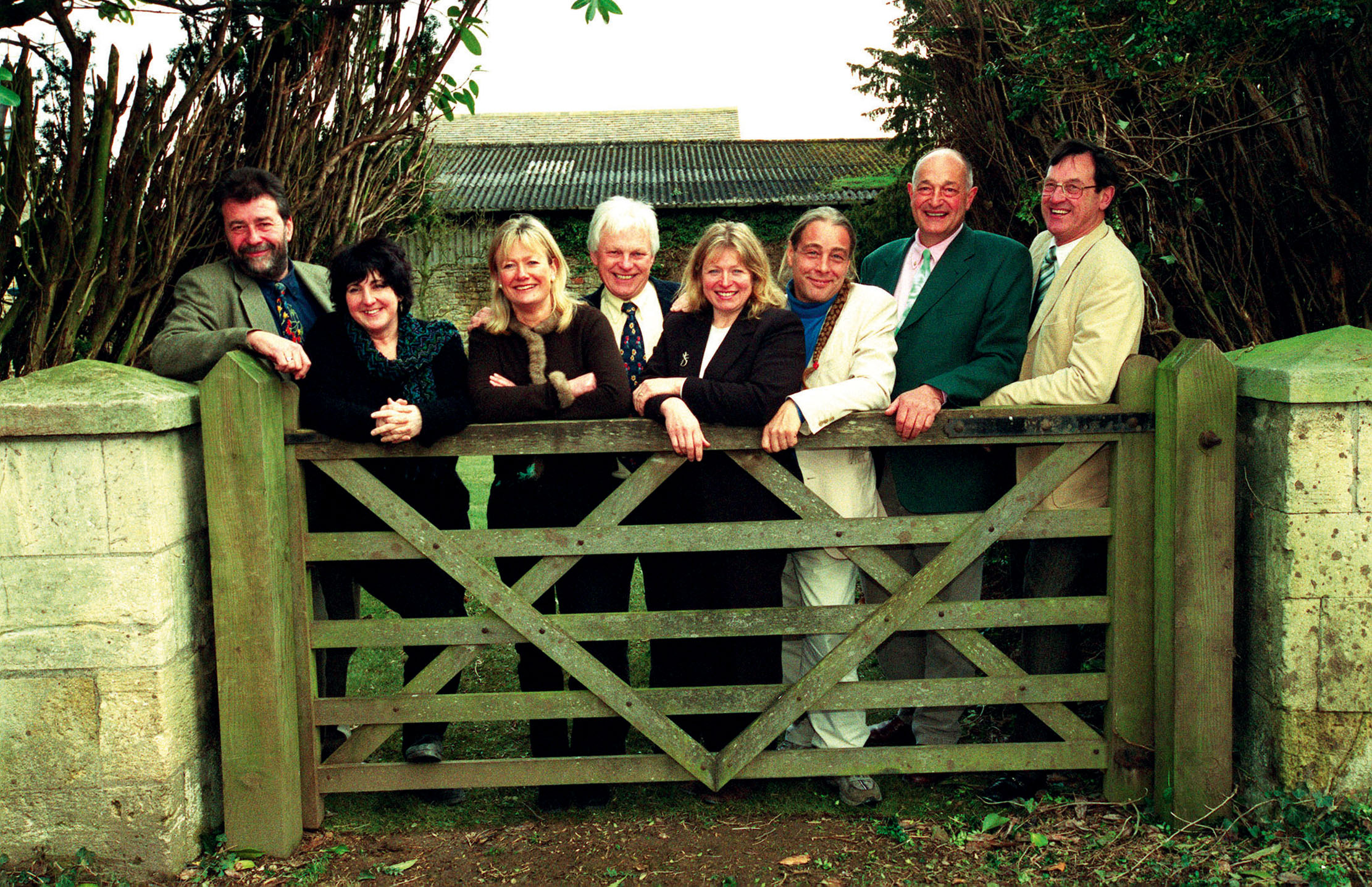
Over the past couple of years, we have all had to do without certain routine events, quietly accepting that they must be suspended pro tempore for practical reasons. One of these has been the time-honoured recording of Gardeners’ Question Time in front of a live audience. The show has stoically carried on without a fuss, but everyone must look forward to the return of the gasps of incredulity, gales of laughter and thunderous applause that have characterised the show over the years.
This hiatus is one of the many spanners thrown in the works of this durable perennial, a programme that has been broadcast regularly for the past 75 years. That in itself is a fantastic achievement, seeing off over the far horizon apparently invincible rivals such as Round the Horne, Down Your Way and The Clitheroe Kid. Like a batsman on 75 not out, the whiff of a century is in the air and expectation begins to build.
No one could have expected this at the start, when the team gathered for the first edition on the evening of April 9, 1947. The country had just experienced a famously shattering winter and the theme of Victory Gardening was wearing thin. The programme was made for the Northern Home Service only and was recorded in the Singing Room of the Broadoak Hotel in Ashton-under-Lyne, on the eastern side of Manchester. The chairman, or rather MC, was Bob Stead, a BBC stalwart with a fruity accent and a tendency to say ‘right-o’ at intervals. He was pleased to see ‘a fair sprinkling of women’ in the audience, which was composed of members of the Smallshaw Allotments Association.
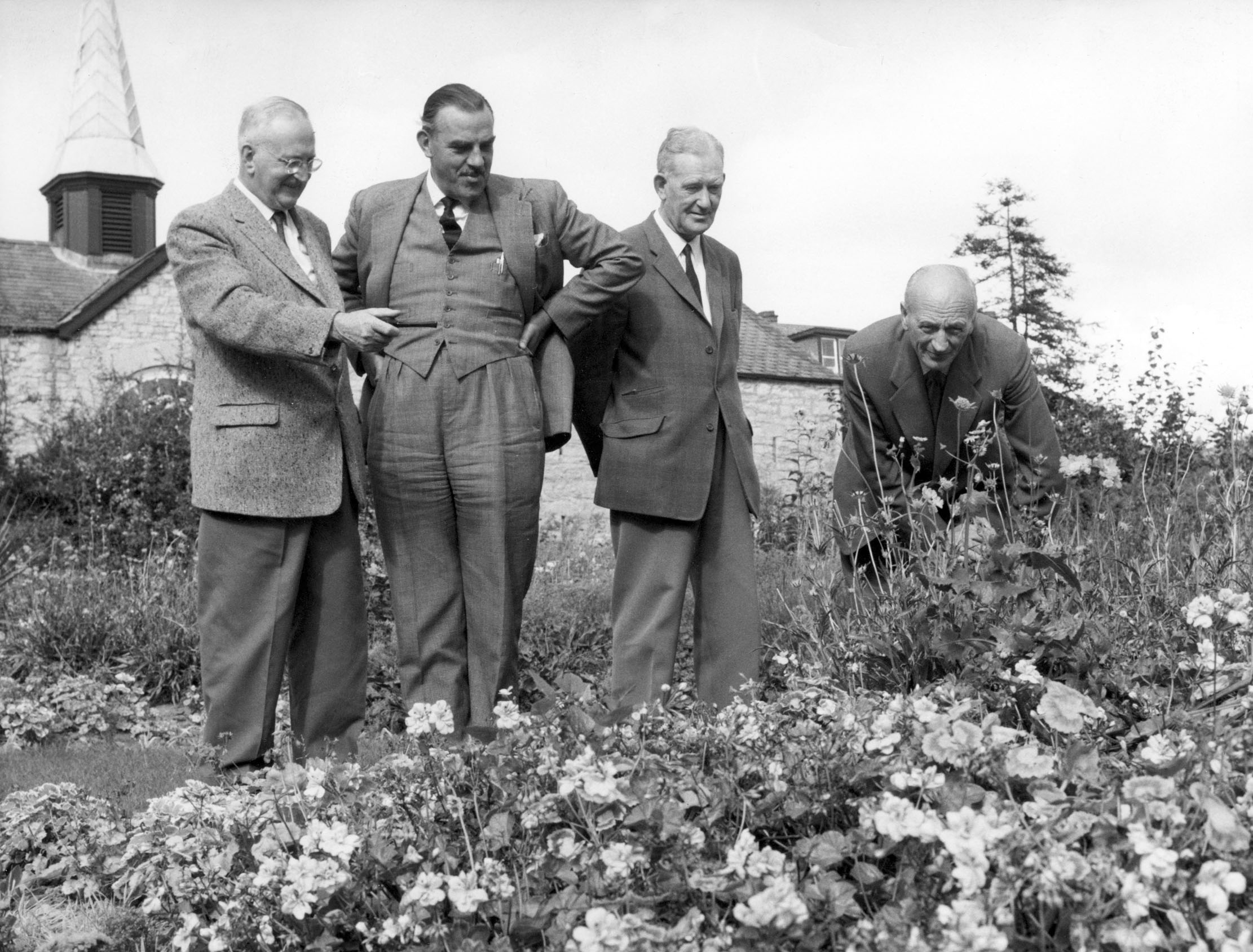
The panel included regional experts: Bill Sowerbutts, a local nurseryman, whose Lancashire twang was the programme’s signature for many years to come; Fred Loads, a Norfolk-born head gardener then working in Burnley; Tom Clark, a superintendent of Bolton Parks Department; and Dr E. W. Sansome, a boffin from Manchester University. The pattern has hardly varied over the generations. A few things have changed, however. That first programme was entitled How Does Your Garden Grow and nobody these days wants to ask the panel what to do with the surplus soot generated by spring cleaning or complain about the uselessness of DDT.
The friendly manner of the panel set the tone right from the start. Loads observed that the best way to keep apples on the trees was ‘to lock up all the little lads’. A Mr Hopwood wanted to know whether digging three spits deep was really necessary. No, said Sowerbutts. Clark made it clear that composting was the essence of good gardening. A lot of sound advice was given, tailored to the concerns of the day, and, as my mother used to inform me, a silly question produced a silly answer.
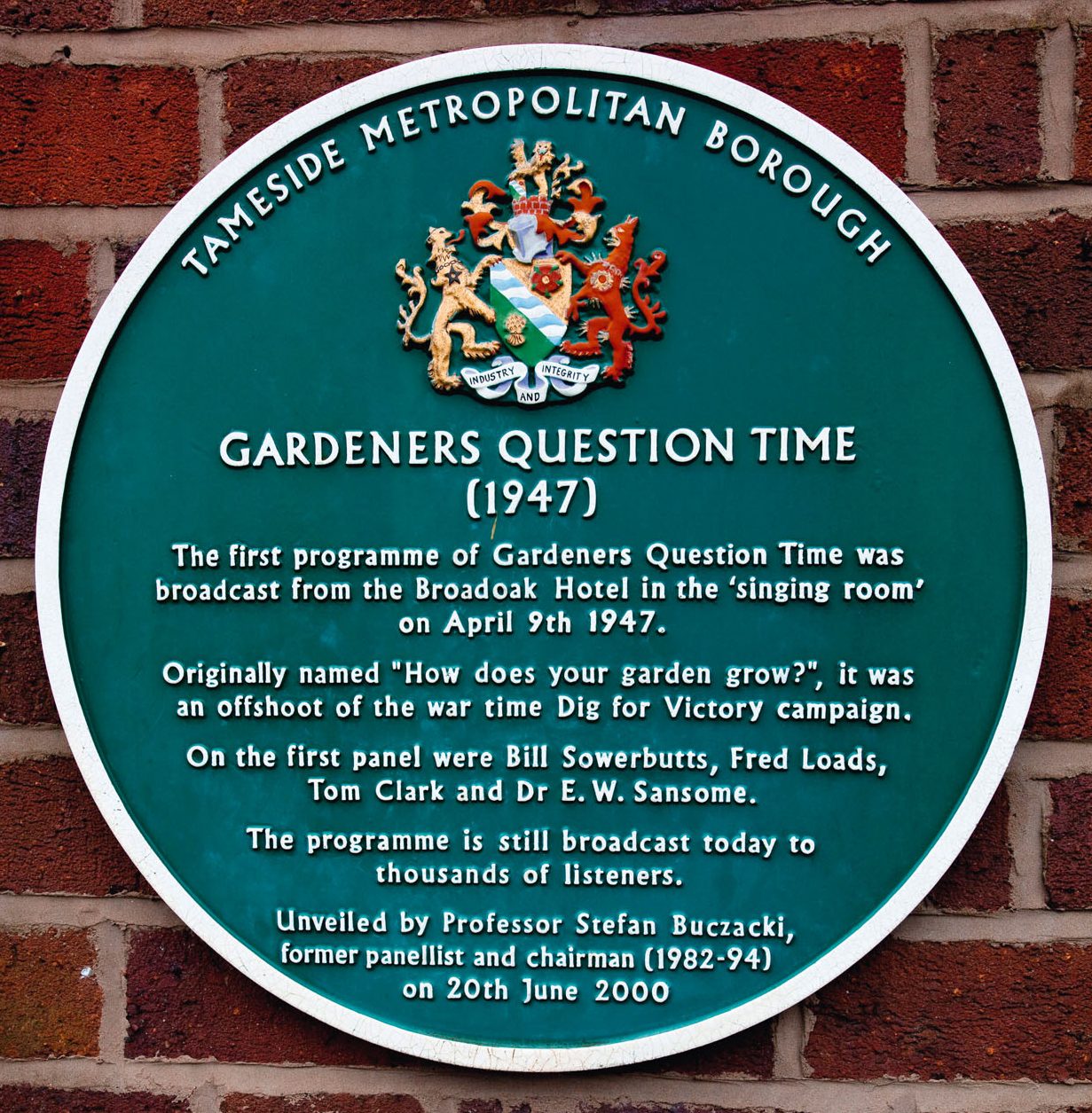
By November 1948, the name of the show had been changed to Gardeners’ Question Time (GQT) and, not long afterwards, Alan Gemmell became the new resident academic. Prof Gemmell was an agricultural scientist, but, at the time, the BBC saw no difference between gardening and farming and, indeed, based its Manchester Agricultural Department (Ken Ford and his secretary) in Leeds.
The rest of the country knew little of this growing phenomenon until 1957, when it was transferred to the full Home Service. Freddy Grisewood was the new chairman, but the panel remained the same. By the 1960s, with Franklin Engelmann in the chair, the programme was a national institution, listened to politely after the Sunday joint. A sure sign of its universal appeal was the appearance on Round the Horne of a spoof in the form of Kenneth Williams (who else?) as Arthur Fallowfield, who advised us enigmatically that, whatever Kenneth Horne’s question, the answer lies in the soil.
Sign up for the Country Life Newsletter
Exquisite houses, the beauty of Nature, and how to get the most from your life, straight to your inbox.
GQT reached its first heroic milestone in 1972, when the 1,000th edition was broadcast. Something of a special was prepared, complete with an audience that included Frank Muir and Esther Rantzen, who asked what she could grow on the windowsill of her little London flat. The smooth preparations for the programme had been destroyed by the sudden death of Engelmann the day before the recording, but the producer, Ford, stepped into the breach and did the job for several more years.
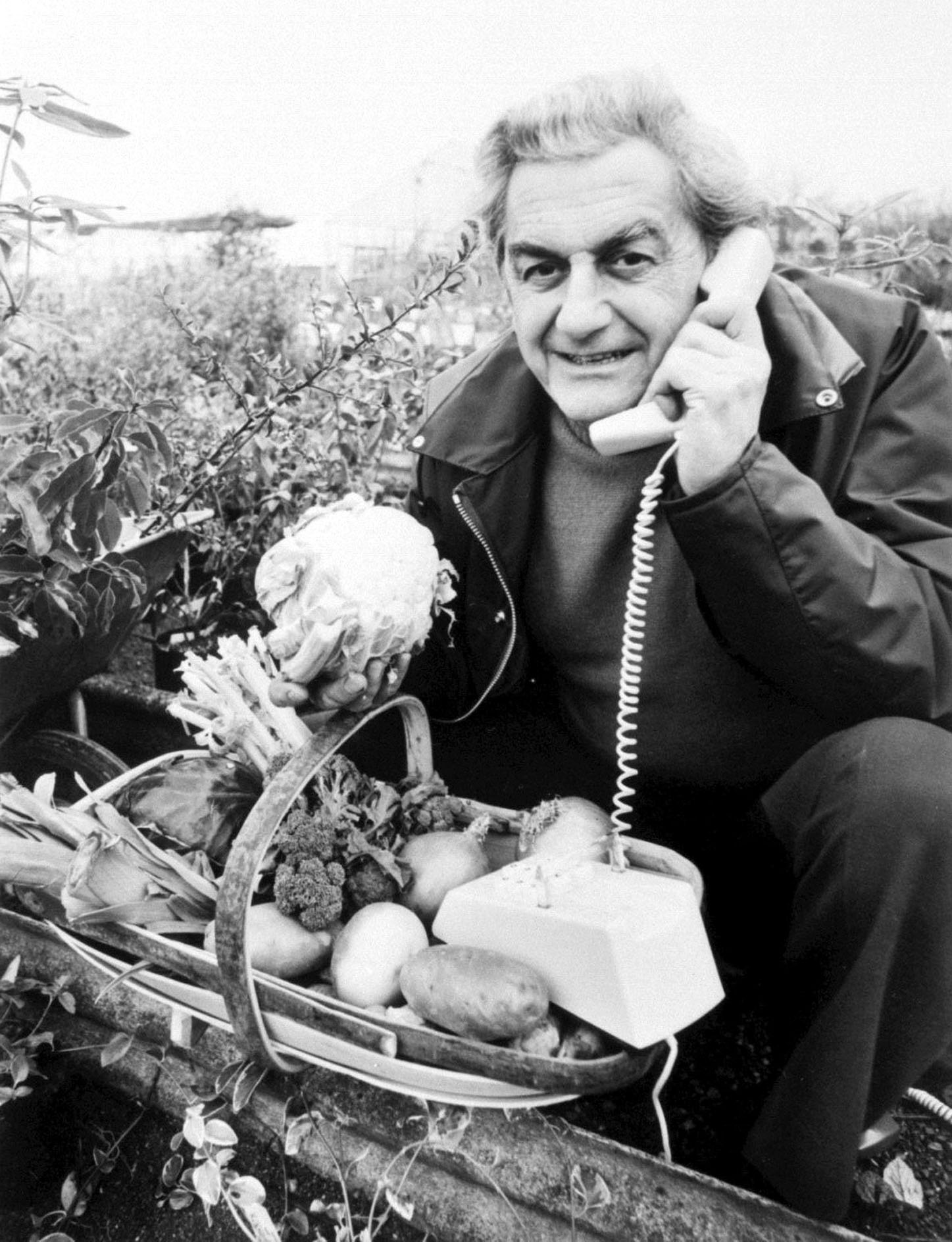
The three wise men kept their places on the panel into the 1980s, but, gradually, other names began to creep in. One of these was Geoffrey Smith, the founding father of the RHS garden at Harlow Carr and a man always disarmingly cheerful and frank. Asked about organic gardening, then a fringe pursuit, he declared that he had always been a muck-and-magic gardener. Asked by one questioner for a solution to the problem of horsetail as a garden weed, I remember him saying: ‘It’s quite simple. Move house.’ His fellow professionals nodded in agreement across the country.
New panel members continued to appear, with the measured advice of Daphne Ledward, the first female panellist, being given from 1982. Lancastrian tones continued to feature, with contributions from Fred Downham and Roy Lancaster and, more recently, Christine Walkden. In time, the boffin role was taken on by Dr Stefan Buczacki, with Clay Jones in the chair and John Cushnie dispensing the customary several layers of wisdom. Cushnie and Jones had the job at each meeting of warming the audience up before recording started. The chairman told the same joke, with the same desired effect, on each occasion, whereas the neatly suited Cushnie broke the ice by gradually unfurling a pair of green tights from his trouser pocket in the manner of an incompetent conjurer. It worked a treat.
The societies themselves had long queued up to get a slot on the programme. Ford remembered that, at one point, the waiting list extended for more than 20 years and that some societies had gone out of existence by the time their chance arrived or had forgotten that they had applied.
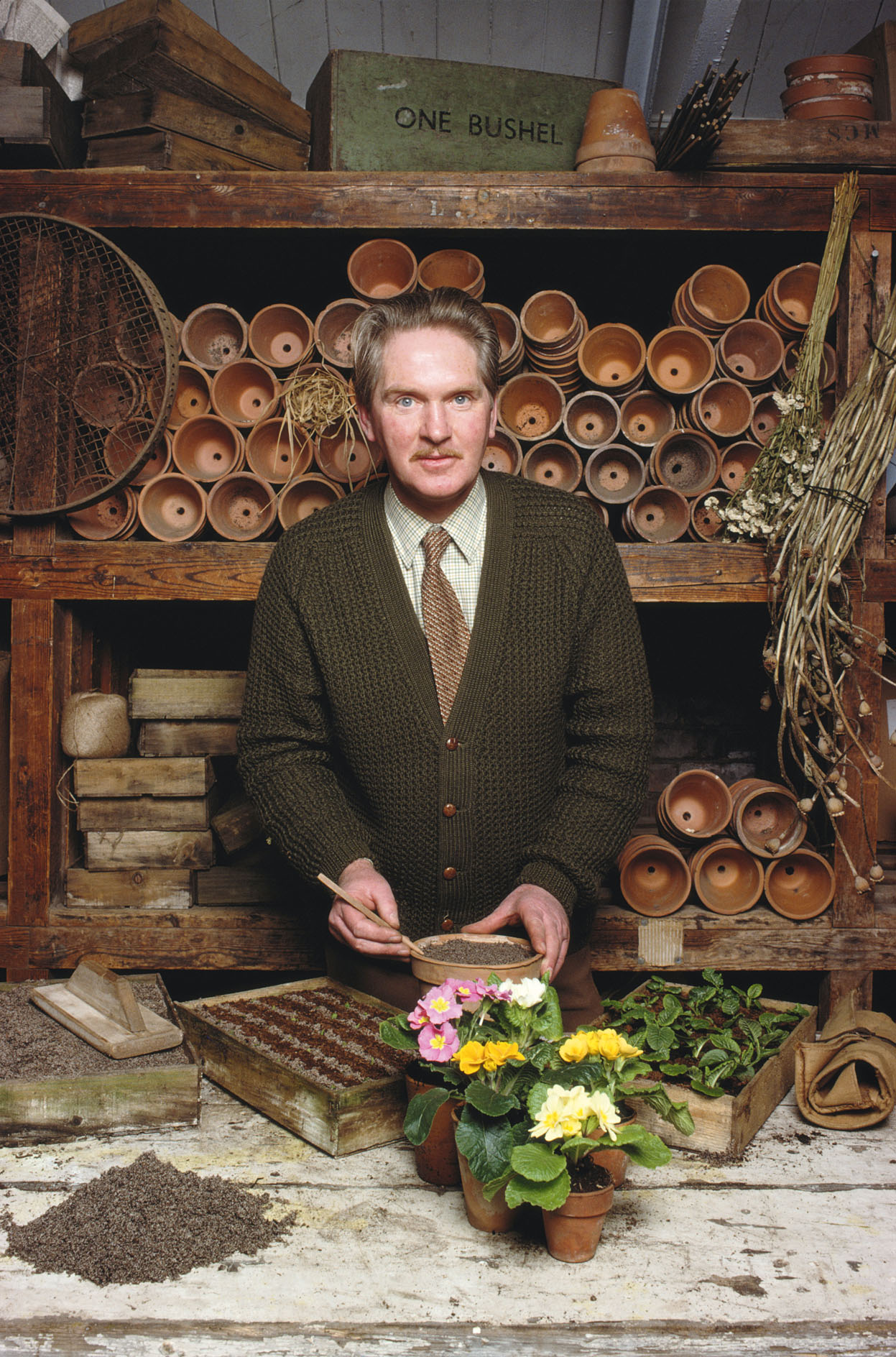
A shocking revolution hit the programme in 1994, when, without warning, the entire panel suddenly decamped to start a rival series on the then new channel Classic FM. This might have been the end, but a general appeal brought forward Geoffrey Smith and Geoff Hamilton off the substitutes’ bench and new blood soon appeared in the form of organic gardener Bob Flowerdew, Anne Swithinbank and a new boffin, the horticultural scientist Pippa Greenwood. Reports of GQT’s death had been greatly exaggerated and, under Eric Robson’s avuncular guidance, the future looked bright.
Today, the programme, now chaired by Kathy Clugston, is as useful and cheerful as ever, whether you’re dozing off after Sunday lunch or tootling along a motorway. Chris Beardshaw and Miss Greenwood debate the merits of raised beds, unfamiliar pests and houseplants versus central heating, whereas questions of the impossible kind — why, when I planted a plumstone, did an apple tree come up? — will always send the whole panel and audience into a tailspin of disbelief.
The annual GQT Garden Party, from some splendid venue around the country, will surely resurface before too long, and we can look forward to more earnest debate and general bonhomie before we say, for now, goodbye and good gardening.
Gardeners' Question Time airs on BBC Radio 4 at 3pm on Friday afternoons and is repeated at 2pm on Sunday afternoon.
-
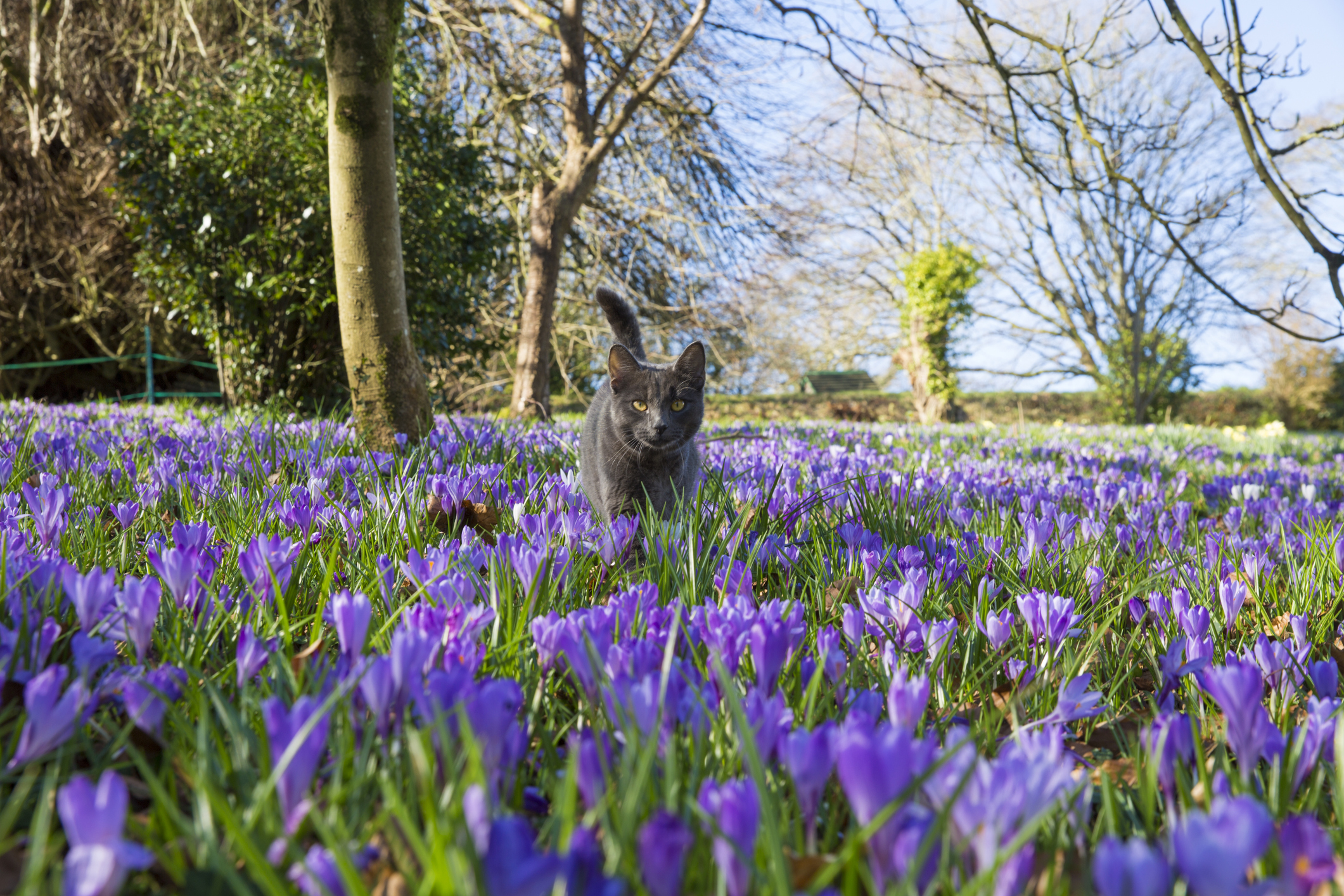 The King's favourite tea, conclave and spring flowers: Country Life Quiz of the Day, April 22, 2025
The King's favourite tea, conclave and spring flowers: Country Life Quiz of the Day, April 22, 2025Tuesday's Quiz of the Day blows smoke, tells the time and more.
By Toby Keel
-
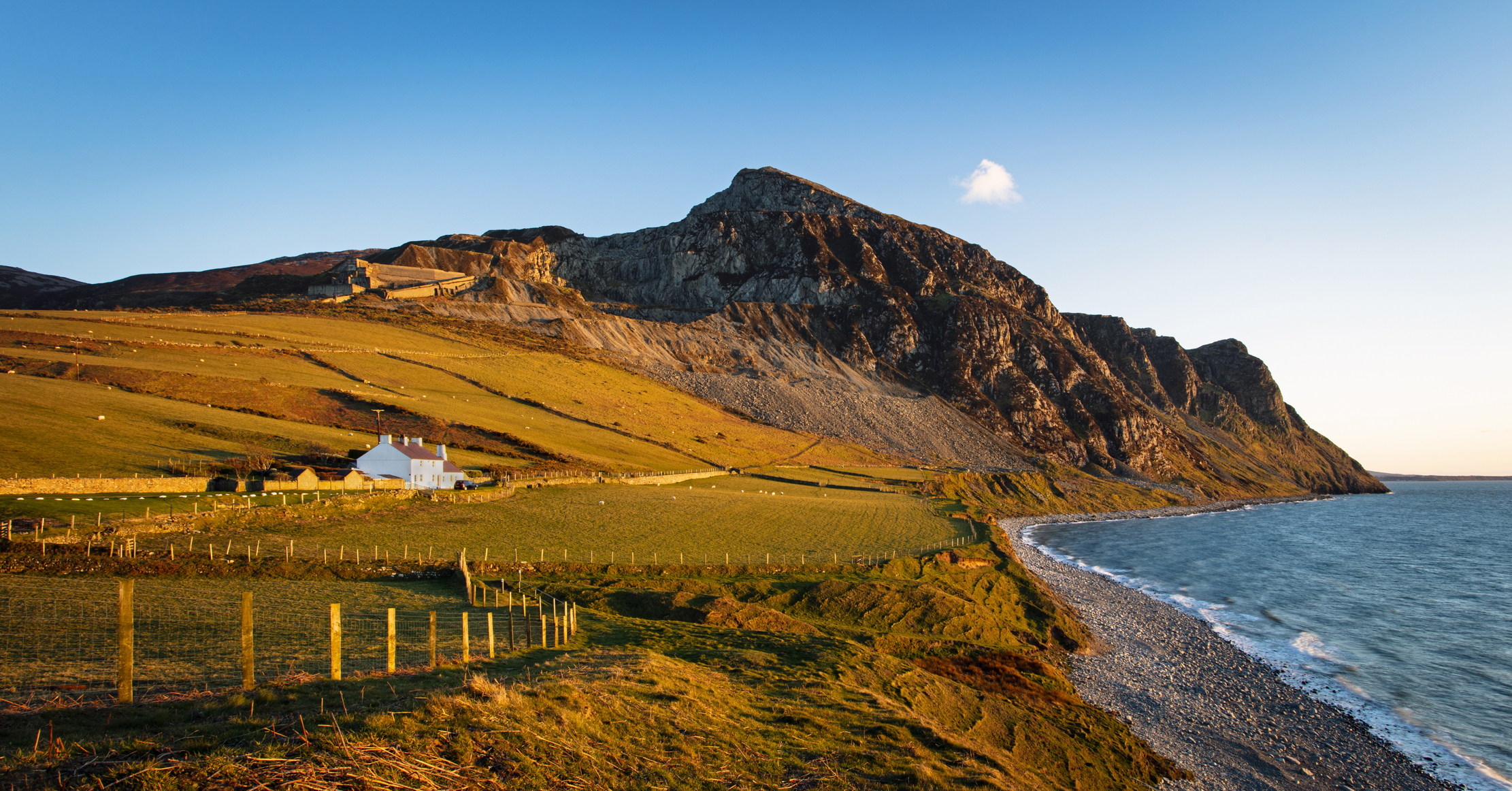 London is the place for me* (*the discerning property buyer)
London is the place for me* (*the discerning property buyer)With more buyers looking at London than anywhere else, is the 'race for space' finally over?
By Annabel Dixon